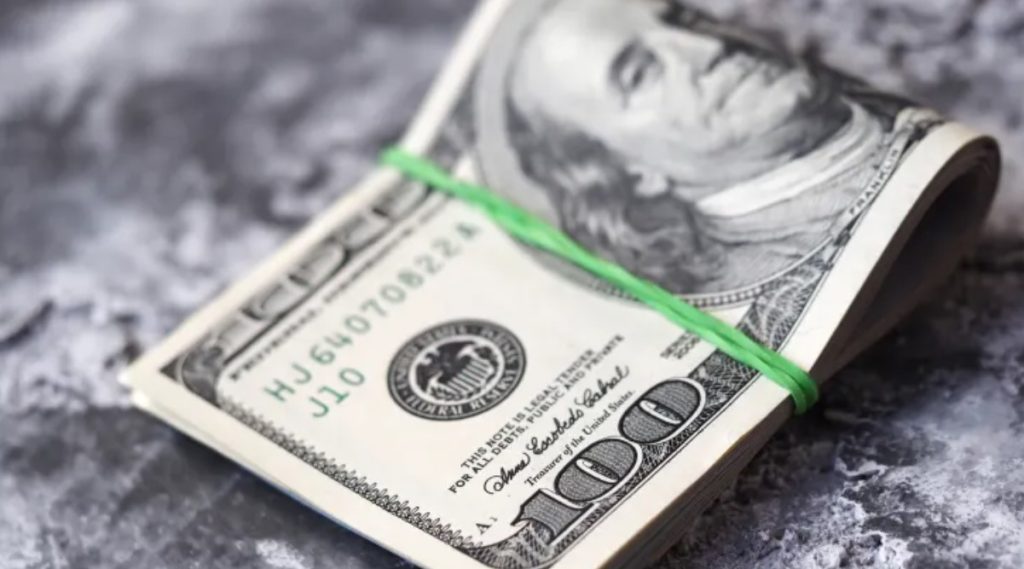
The dollar began the week on a strong footing, buttressed by sharply rising U.S. yields and by investors’ tilt toward safety as lockdowns in China, war on the edge of Europe and fear about higher interest rates sent a nervous jolt through markets.
The greenback made a 22-month high on the growth-sensitive New Zealand dollar in early trade and rose more than 0.5% on the Aussie to a three-month peak as U.S. stock market futures slid 1%.
The benchmark 10-year Treasury yield stood at its highest since 2018 at 3.1464% and at 130.73 yen the dollar is a whisker from a fresh two-decade top.
The dollar is close to a five-year high on the euro, which fell 0.2% to $1.0529. Sterling hovered just below two-year lows made last week after the Bank of England warned that Britain’s economy was facing recession.
“The dollar will be supported by U.S. economic outperformance and weaker equity prices,” said Joe Capurso, a strategist at the Commonwealth Bank of Australia in Sydney.
“Despite material increases in interest rates, financial conditions have not tightened much in the major economies…the need to tighten financial conditions and rein in inflation underlies the case for significant further increases.”
The U.S. dollar index gained for a fifth week in a row last week and touched an almost 20-year high after the U.S. Federal Reserve hiked its benchmark funds rate 50 basis points and strong jobs data reinforced bets on further big hikes.
The index last stood at 103.78. Futures markets are pricing a 75% chance of a 75 bp rate rise at the Fed’s next meeting in June and more than 200 bps of tightening by year’s end.
U.S. inflation data due on Wednesday could fuel even more aggressive bets, especially if the pace of headline price rises does not fall to 8.1% as expected.
“Risks around U.S. CPI feel binary; a moderation from 8.5%would be mildly comforting, but a lift would doubtless revive expectations for 75 bp Fed hikes, and probably give the dollar a boost,” said analysts at ANZ Bank.
“The idea that synchronized global tightening might proceed gently now feels like a forgotten dream as the reality of volatility bites.”
Cryptocurrencies have been battered in the rush from risky assets and bitcoin was nursing weekend losses and near its lowest levels of the year at $34,000 while ether, which fell 4% on Sunday, was at $2,525.
At the same time, war in Ukraine is disrupting global commodity markets and lockdowns in China are putting the brakes on growth.
Joblessness hit its highest since March 2020 in China last month and the yuan was under pressure near an 18-month trough at 6.7319 per dollar in offshore trade.
























